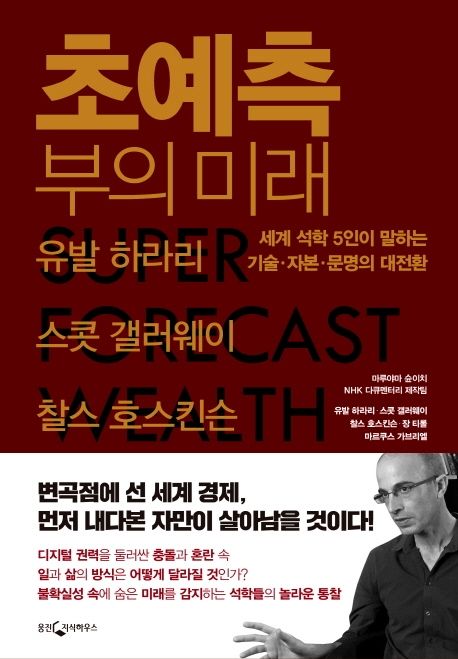
Game Theory
- 발행사항
- Cambridge, Mass. ; London : MIT Press, 1991
- 형태사항
- xxiii,579p. : ill.; 26cm
- 서지주기
- Includes bibliographical references and index
소장정보
| 위치 | 등록번호 | 청구기호 / 출력 | 상태 | 반납예정일 |
|---|---|---|---|---|
지금 이용 불가 (1) | ||||
| 자료실 | E204853 | 대출중 | 2024.08.12 | |
- 등록번호
- E204853
- 상태/반납예정일
- 대출중
- 2024.08.12
- 위치/청구기호(출력)
- 자료실
책 소개
This advanced text introduces the principles of noncooperative game theory—including strategic form games, Nash equilibria, subgame perfection, repeated games, and games of incomplete information—in a direct and uncomplicated style that will acquaint students with the broad spectrum of the field while highlighting and explaining what they need to know at any given point. The analytic material is accompanied by many applications, examples, and exercises. The theory of noncooperative games studies the behavior of agents in any situation where each agent's optimal choice may depend on a forecast of the opponents' choices. "Noncooperative" refers to choices that are based on the participant's perceived selfinterest. Although game theory has been applied to many fields, Fudenberg and Tirole focus on the kinds of game theory that have been most useful in the study of economic problems. They also include some applications to political science. The fourteen chapters are grouped in parts that cover static games of complete information, dynamic games of complete information, static games of incomplete information, dynamic games of incomplete information, and advanced topics.
About the Author
Drew Fudenberg is Professor of Economics at MIT.Jean Tirole, the 2014 Nobel Laureate in Economics, is Scientific Director of IDEI (Institut d'Economie Industrielle), Chairman of the Board of TSE (Toulouse School of Economics), and Annual Visiting Professor of Economics at MIT.



